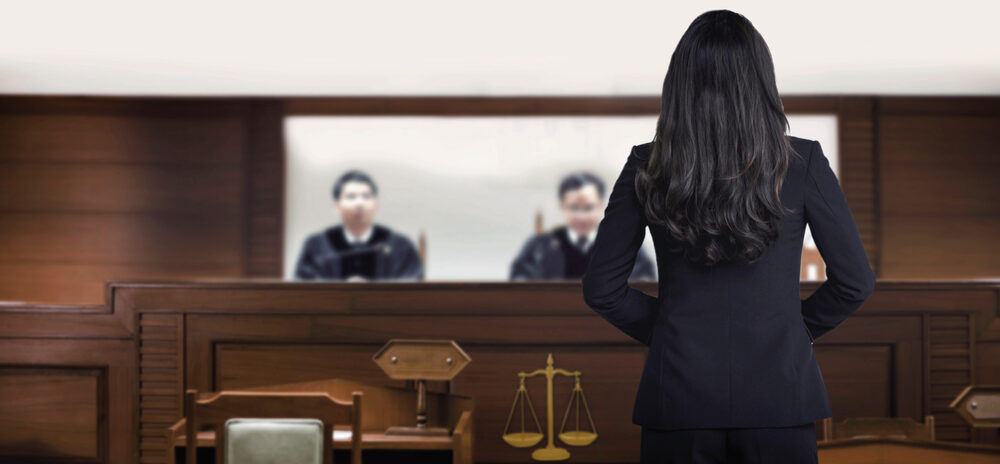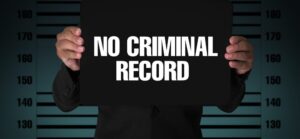
Why Do Criminal Lawyers Defend Criminals?
Criminal defence lawyer specialises in the area of criminal law who represents people charged with a criminal offence while protecting their fundamental legal rights, shared by all.
It is too often that a criminal defence lawyer gets asked the question “how do you defend a criminal who is wrong and have committed a crime?”
The job of a criminal lawyer is both extremely difficult and rewarding at the same time.
Our criminal justice system is built on the principle that we rather have a guilty person walk free than an innocent person be jailed.
In practice, for an accused person to be found guilty, the prosecution is required to prove, with sufficient evidence, to the court that the accused person committed the offence “beyond reasonable doubt”.
Up until such time, the accused person is presumed Innocent.
A defence lawyer ensures that the person charged gets a fair trial so justice prevails.
They do this by:
- Testing the prosecution case and assist the court in determining its reliability in ultimately determining whether evidence establishes the allegations beyond reasonable doubt.
- Locating incriminating evidence, or evidence to the contrary, such as an alibi or proving that someone else committed the crime.
- Obtaining reports and or other evidence in preparation for the defence case
- Preventing any unreliable police evidence from being used against the person charged.
- Negotiating with the prosecution in an attempt to resolve the matter in some alternative basis to prosecution in court.
- If the police evidence is not sufficiently challenged, and innocent person could be found guilty and sentenced to a term of imprisonment.
That is why it is important to retain an experienced criminal defence lawyer who specialise in this area of law.
Why Do Criminal Lawyers Defend Criminals?
Criminal lawyers have a paramount duty to the administration of justice in the court.
The roles of Criminal lawyers are generally governed by a set of values and rules which have been reflected in the Legal Profession Uniform Law Australian Solicitors’ Conduct Rules 2015.
They include:
1. To act in the best interest of their clients in any matter which the lawyer represents the client.
2. To be honest and courteous in all dealings, in the course of working as a lawyer.
3. To deliver legal services competently, diligently and as promptly as reasonably possible.
4. To avoid any compromise to his/her dignity and professional independence; and
5. To comply with the Solicitors’ conduct rules and the law.
A criminal lawyers’ job is not to decide guilt or innocence. Criminal lawyers are in a white vehicle by which the courts rely on to assist in efficiently reaching to that result, in the interest of justice. The lawyer is there to ensure that the clients rights are protected and is filly treated, by ensuring the principles of law that protect everyone upheld by the police and courts.
What Happens When a Person Confesses to Their Lawyer That They Committed the Crime?
When a client confesses guilt to his/her lawyer, however maintains a ‘plea of not guilty’ to the criminal charge, pursuant to rule 20.2 Solicitors’ Conduct Rules 2015 the lawyer has one of the following options:
1. Cease to represent the client if there’s enough time for the client to get another lawyer before the trial.
2. If the same lawyer continues to represent the client, the lawyer must be careful in the way he/she conducts the case and can be limited in the following ways:
- The lawyer will not be able to suggest that the crime was committed by someone else;
- The case cannot be conducted in consistently to the client confession;
- The lawyer will be limited to only testing the police evidence by way of cross-examination of each police witnesses and guiding the court to conclude that they have not established their case beyond reasonable doubt against the client.
3. The lawyer is required to stop acting for the client if the client insists on giving evidence denying guilt or in any way asserts, he/she is innocent.
Criminal defence lawyers are an important check against the increasing powers of the police and false claims against individuals.
Overzealous policing and the inequalities if the criminal justice system towards certain groups of people is well documented. Good criminal lawyers will be able to protect the interest of their clients while steering those who are guilty towards appropriate programs to address any underlying causes of offending.


